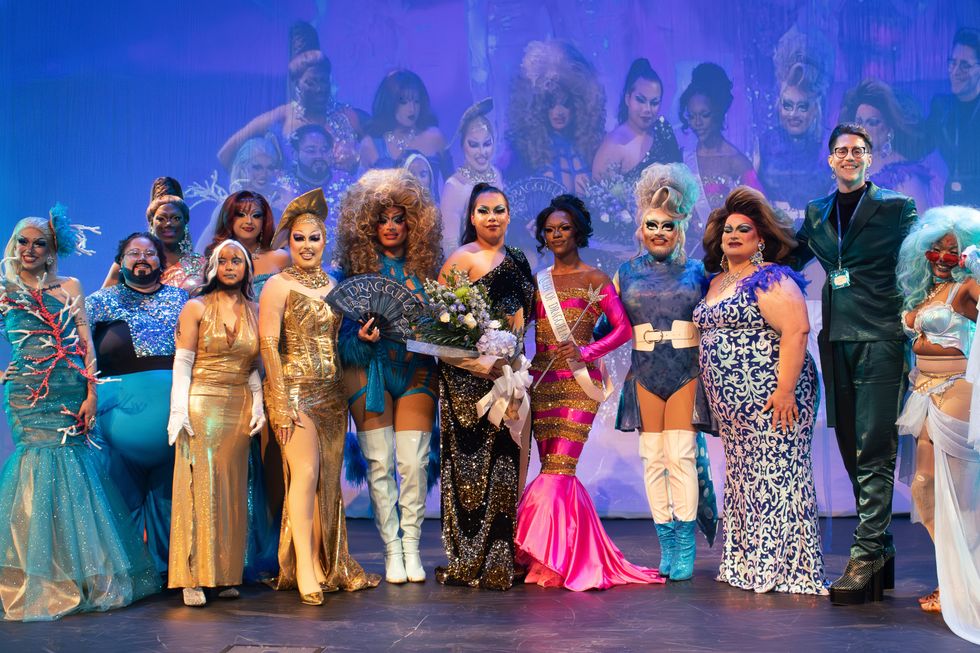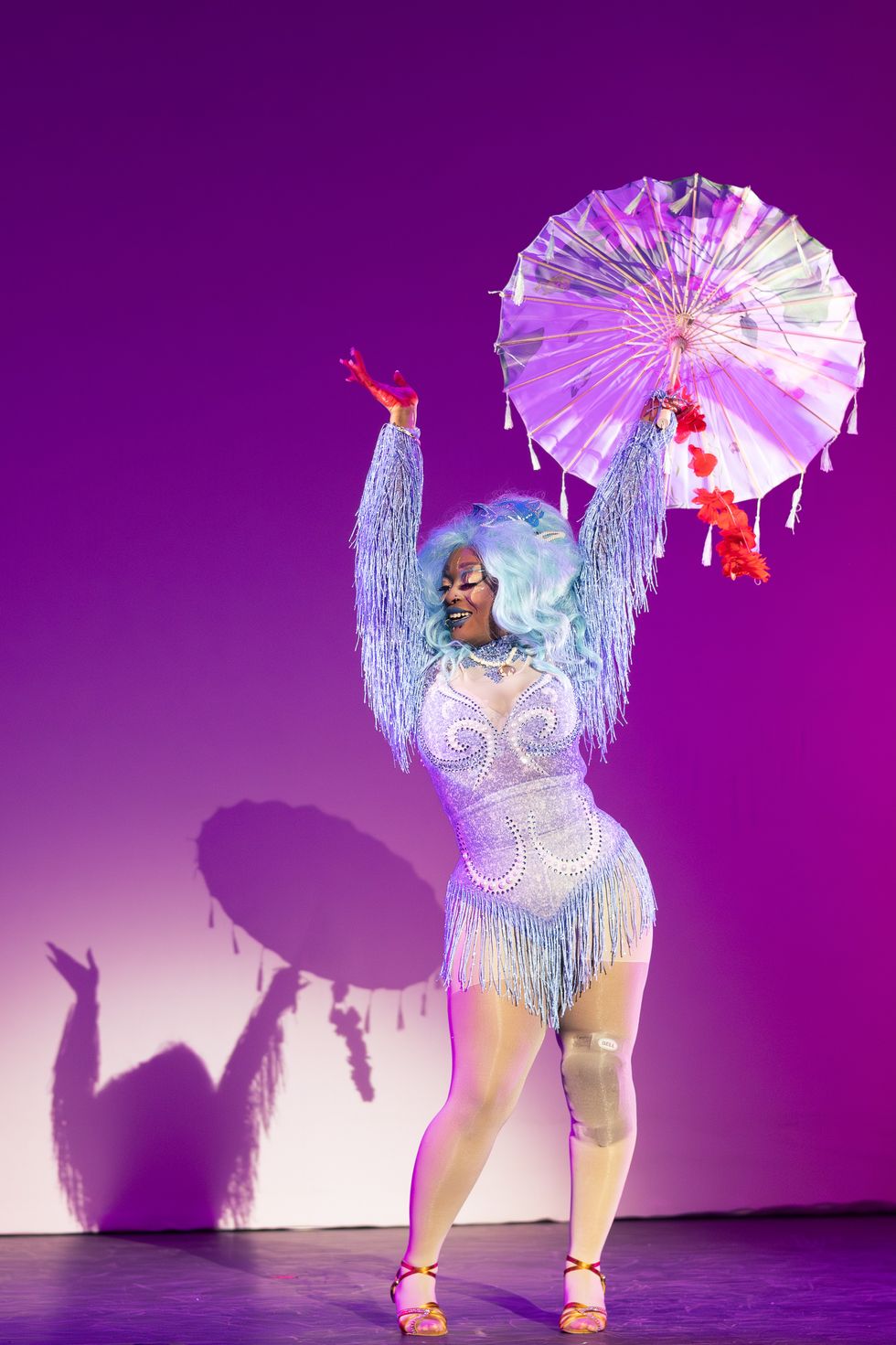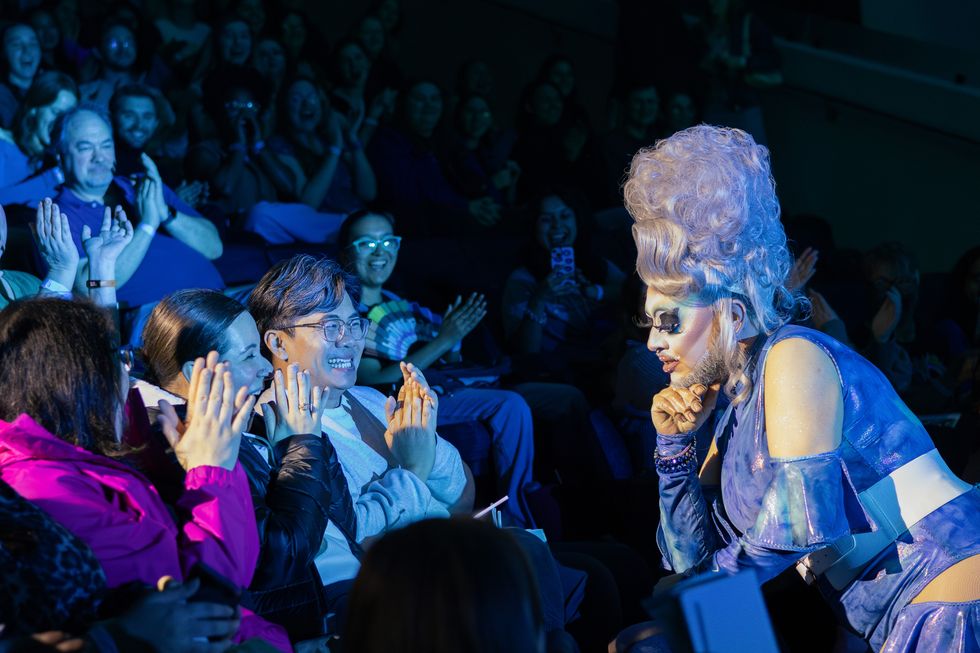I can remember watching Michael Jordan’s last game as a member of the Chicago Bulls. Although I was only two weeks shy of my 11th birthday, Game 6 of the 1998 NBA Finals felt like the biggest moment of my young life. Every Bulls possession felt personal. When Jordan crossed up—and maybe, slightly pushed—Bryon Russell to hit the game-winning shot, my older brother and I rejoiced as if we had just won the AAU National Championship.
We began the summer of ‘98 on a high note. Our eyes were like saucers as we watched MJ and crew celebrate their sixth title at their championship rally from a small television in our Virginia Beach hotel room. We loved Jordan. But now, 18 years later, it seems as though we were caught up in a one-sided love affair.
Revered by most as one of the most scintillating figures to ever step foot on the hardwood, Jordan has long been scolded for his silence off-court. But Gen Y’s contentious relationship with the NBA legend didn’t begin in the ‘90s. When Jordan chose not to publicly address Rodney King’s beating by the LAPD in 1991, or when he allegedly made his “republicans buy sneakers, too” comment in regard to Harvey Gantt’s senatorial campaign in 1990, most millennials were too young to even comprehend what was happening. When 15-year-old Michael Eugene Thomas was found strangled to death, killed over a pair of two-week-old Air Jordans on May 2, 1989, the majority of today’s young adults were barely entering preschool.
Our gripe with MJ didn’t begin until the turn of the 21st century. The stories of Jordan’s disdain for hip-hop raised a red flag, but when Joshua Woods, a 22-year-old black man from Houston, was murdered over his Jordan sneakers in December 2012, things changed forever. Jordan made no attempt at a public acknowledgement on the senseless murder. The man that we’ve adored for so long, whose sneakers have made our ciphers complete for years, isn’t speaking up for us?
Coming of age in an era of wokeness means no longer accepting your childhood idol’s status quo on repeated social injustices. Even if that means taking one of Jordan’s most sentimental moments and marginalizing it into one of the most famous—or infamous—memes in social media: the “Crying Jordan.” It also means automatically assuming the worst about MJ. It means when a rumor spreads about Jordan investing in private prisons, people take it and run with it, regardless of its accuracy.
But who’s really woke?
Air Jordans’ stock continues to rise. The retros continue to be released in various colorways and the shoe store lines continue to stretch. According to Forbes, total Jordan U.S. retail shoe sales hit $3 billion last year, and that number is expected to increase to $4.5 billion by 2020. So, who’s really taking a stand? Rapper Michael “Killer Mike” Render addressed this in a recent Instagram post, encouraging people to invest in Black-owned banks as opposed to another pair of J’s.
In a statement released to The Undefeated last month, following the shooting deaths of Alton Sterling and Philando Castile and the subsequent murders of 5 police officers in Dallas, Jordan broke his silence:
“As a proud American, a father who lost his own dad in a senseless act of violence, and a black man, I have been deeply troubled by the deaths of African-Americans at the hands of law enforcement and angered by the cowardly and hateful targeting and killing of police officers.”
In addition to the statement, Jordan donated $1 million each to the Institute for Community-Police Relations and the NAACP Legal Defense Fund. Even still, there were those who questioned the hall of famer’s pangs of conscience. There were criticisms on everything from the timing to the amount of the donations. Even still, Jordan doubled downed in August by donating $5 million to the National Museum of African American History and Culture in Washington, D.C.
In the wake of LeBron James, Dwayne Wade, Chris Paul, Carmelo Anthony, Andrew Hawkins, and Brandon Marshall utilizing their platforms to highlight social injustices, the question of whether or not athletes have a responsibility to speak on social issues has been prevalent. San Francisco 49ers quarterback Colin Kaepernick’s national anthem protest has been more than a national debate; it’s been an influence on today’s youth. I spoke with T. Hill, a middle school teacher in Baltimore, whose eighth graders refused to stand for the pledge of allegiance.
“I love the fact that they believe something is wrong and they are willing to stand behind their beliefs,” Hill tells GOOD. Witnessing the effects that the athletes of today have on the children of tomorrow, he believes that they do, indeed, have a responsibility to publicly address social issues.
“Their first response when I asked them why they weren’t standing was them simply saying ‘Colin Kaepernick’ with smiles on their faces,” Hill said. “Later in the period, I pulled one student to the side and asked her again, why didn't she want to stand? She said, ‘Because it's wrong how police treat blacks, and America allows it. They are just killing us and getting away with it, so until they treat us right I'm not gonna stand.’”
The paradigm has shifted. The ‘90s are in the rearview, millennials are getting older and Generation Z is the future. Today’s kids aren’t as wide-eyed as their predecessors. They don’t know the Michael Jordan I grew up watching. They just know the sneakers. They’re more in-tune into what’s really going on. They want justice. They want accountability. They want the love they have for their favorite athlete to be reciprocated. They are watching every detail and taking notes, in and outside of the classroom.
















 Let us all bow before Gary, the Internet's most adventurous feline. Photo credit: James Eastham
Let us all bow before Gary, the Internet's most adventurous feline. Photo credit: James Eastham Gary the Cat enjoys some paddling. Photo credit: James Eastham
Gary the Cat enjoys some paddling. Photo credit: James Eastham James and Gary chat with Ryan Reed and Tony Photo credit: Ryan Reed
James and Gary chat with Ryan Reed and Tony Photo credit: Ryan Reed


 Rock deterioration has damaged some of the inscriptions, but they remain visible. Renan Rodrigues Chandu and Pedro Arcanjo José Feitosa, and the Casa Grande boys
Rock deterioration has damaged some of the inscriptions, but they remain visible. Renan Rodrigues Chandu and Pedro Arcanjo José Feitosa, and the Casa Grande boys The Serrote do Letreiro site continues to provide rich insights into ancient life.
The Serrote do Letreiro site continues to provide rich insights into ancient life.

 The contestants and hosts of Draggieland 2025Faith Cooper
The contestants and hosts of Draggieland 2025Faith Cooper Dulce Gabbana performs at Draggieland 2025.Faith Cooper
Dulce Gabbana performs at Draggieland 2025.Faith Cooper Melaka Mystika, guest host of Texas A&M's Draggieland, entertains the crowd
Faith Cooper
Melaka Mystika, guest host of Texas A&M's Draggieland, entertains the crowd
Faith Cooper
